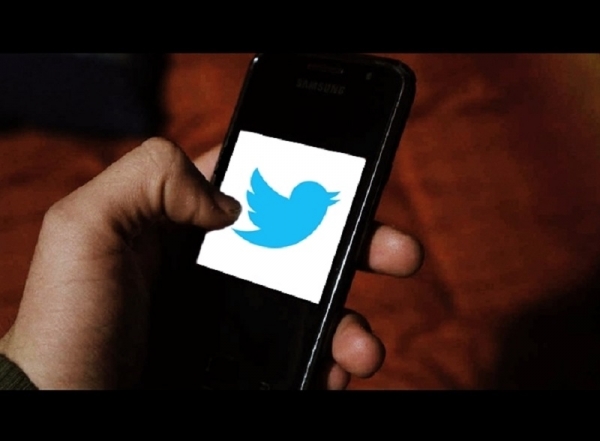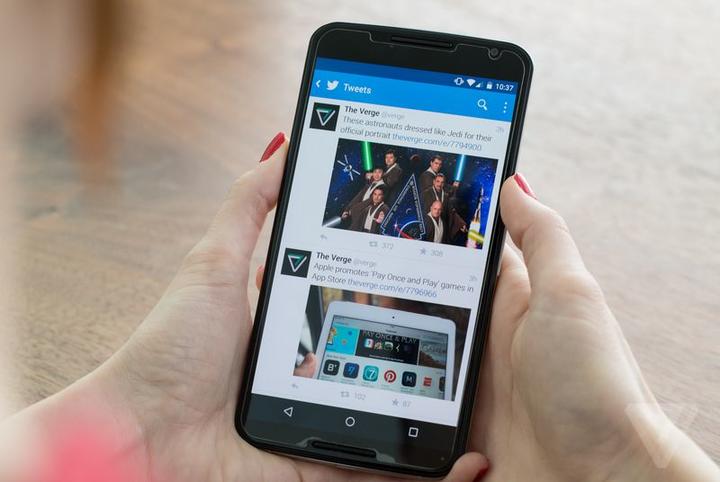Retweeting can reduce the strength of your memory

We spend lots of time on social media, it is our source of all kind information that we need to be updated to live in the world. We share our most personal details on the social media and so to display kindness towards other users we share their posts and retweet their tweets.
The first research on Retweeting
Several studies have been done in the past indicating the side effects of using too much social media and few have also ended with the good effects of the use of social media. Most of them were psychological studies and linked social media with the mental disorder.
The new study has explored the social media in detail. The study says that retweeting or sharing information on the micro-blogging site (twitter), can make things bad for you as it is filled with the overload of the information. That disturbs your learning capabilities and also make it difficult to keep in mind what you have just seen.
The team of the researchers from Cornell University in the US said that overload of information can affect your memory and decreases the performance in the real world.

Professor of human development at Cornell University, Qi Wang said, “Most people don’t post original ideas anymore. You just share what you read with your friends. But they don’t realize that sharing has a downside. It may interfere with other things we do.” Qi Wang carried out a research along with her colleagues in China showing that “retweeting” interfered with learning and memory, both online and off.
The study process
The research experiments were carried out at Beijing University. Chinese college students volunteered in the study. Two groups were divided with giving computers to each member. The were presented with a series of messages from Weibo (an equivalent Chinese social media site to Twitter). After reading one message, participants of one group was given two option, either to re-post the message or go to the next message. Another group was given only one option to go to the ‘next’ message.
Once the students finished with reading all the messages, they were given an online test on the content of those messages. The researchers found that students from the re-post group has given twice as many wrong answers and often displayed the poor understanding of the questions.
Qi Wang reported that students displayed an example of poor memory. She added, “For things that they re-posted, they remembered especially worse.” The researchers concluded that students were suffering from “cognitive overload.”

Experts on the findings
“When there is a choice to share or not share, the decision itself consumes cognitive resources,” Wang noted. After reading a series of Weibo messages, the students were provided an unrelated paper test on their understanding of a “New Scientist” article.
“The sharing leads to cognitive overload, and that interferes with the subsequent task,” Wang said.
“In real life when students are surfing online and exchanging information and right after that they go to take a test, they may perform worse,” she reported in a paper described in the journal Computers in Human Behavior.
Wang observed, “Online design should be simple and task-relevant.”
The researchers suggest that web interfaces should be made to promote rather than interfere with students’ understanding process.
So, too much information may create chaos in your mind and apparently you can end up without any information.
